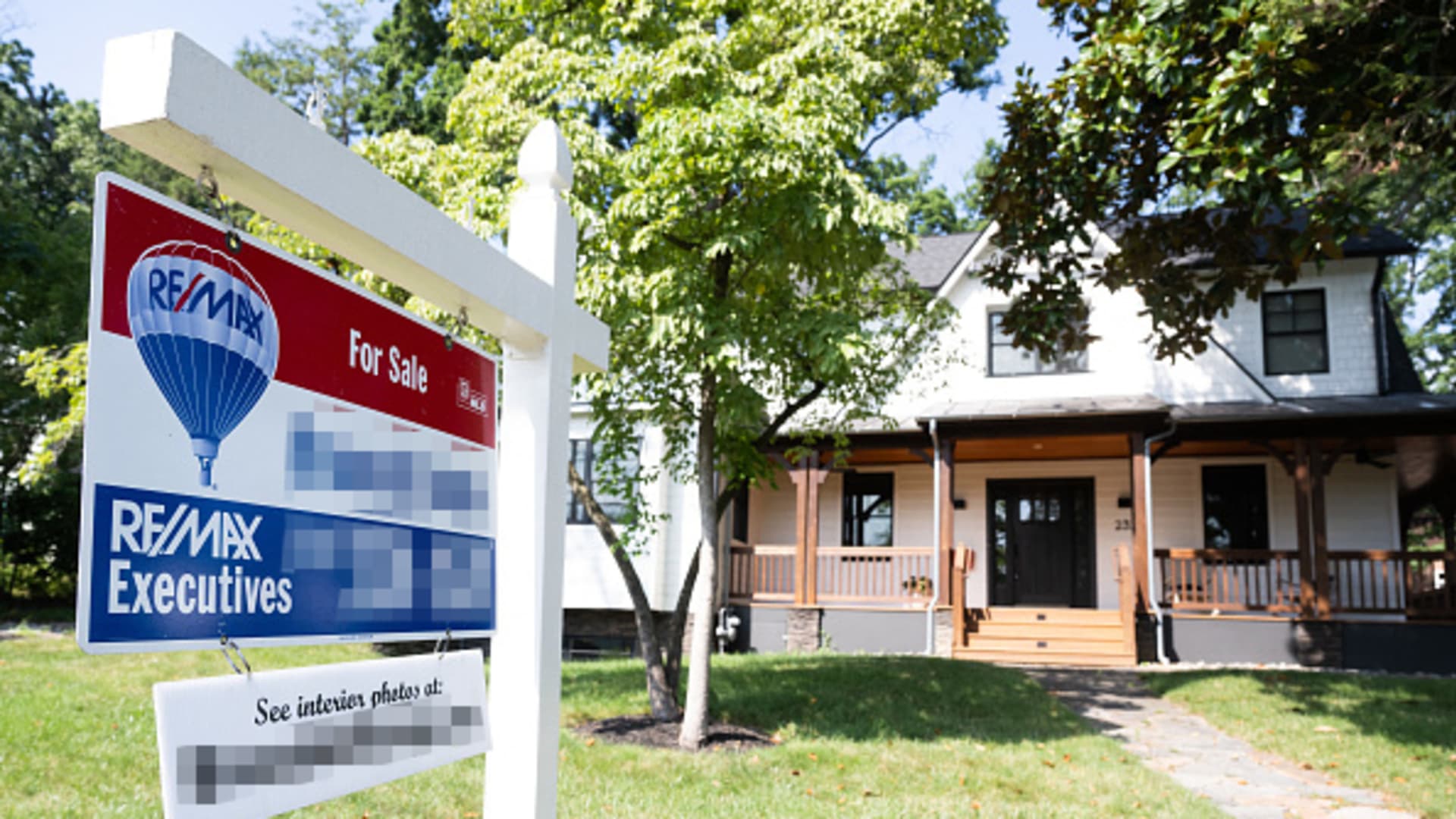Bob Wood, 66, has been thinking of selling his home in Mobile, Alabama. The finance professor and his wife, Terri, purchased the 5,000-square foot house with a pool nearly a decade ago. “It’s probably time to downsize,” he said. They would also like to be closer to their grandchildren in Tennessee.
And yet, “we are in the 10th year of a 3.125% 15-year fixed mortgage,” he said. They don’t want to move now and give up that low rate to buy at a higher rate.
“We just don’t want to pay that much in interest.”
Wood is among “a stock of people sitting on very cheap mortgages,” said Tomas Philipson, a professor of public policy studies at the University of Chicago and former acting chair of the White House Council of Economic Advisers.
Those homeowners would need to finance a new home at a higher rate than the rate they currently hold, adding hundreds of dollars a month to their mortgage payment, which has created an incentive to stay where they are. For them, opting not to move is “the right strategy.”
With home prices and interest rates on the rise, “the consumer is best advised to stay put,” Philipson said.
Rising rates created a ‘golden handcuff’ effect
The recent spike in mortgage rates has created a so-called golden handcuff effect. The term is often used to describe financial incentives employers may offer to discourage employees from leaving a company. For homeowners, a low mortgage rate is similar.
Most homeowners today have mortgages with interest rates below 4% or even below 3%, after moving or refinancing when rates hit record lows during the Covid pandemic.
Nearly 82% of home shoppers said they felt “locked-in” by their existing low-rate mortgage, according to a recent survey by Realtor.com.
Because of that, there is a critical shortage of homes for sale, with year-to-date new listings roughly 20% behind last year’s pace.
Rate lock tipping point: 5%
After bottoming out at 2.93% in January 2021, the average rate for a 30-year, fixed-rate mortgage currently sits near 7%, according to Bankrate.com.
Wood said he’d be more likely to move if rates came down to “the 4%-5% range.”
That’s the tipping point, a recent report from Zillow found: Homeowners are nearly twice as willing to sell their home if their mortgage rate is 5% or higher and yet, 80% of mortgage holders have a rate below 5%. Since it’s unlikely rates will drop anytime soon, buyers can expect a continued standstill for now.
“The reality of it is, until inflation comes down in a meaningful and sustainable way, mortgage rates are going to stay high,” said Greg McBride, Bankrate’s chief financial analyst.
In the meantime, the shortage of homes for sale is putting more pressure on prices.
“Dampened affordability remains an issue for interested homebuyers and homeowners seem unwilling to lose their low rate and put their home on the market,” said Sam Khater, Freddie Mac’s chief economist.
‘Uncharted territory’
“In many ways, we’re in uncharted territory right now,” said Jacob Channel, senior economist at LendingTree.
Between 1978 and 1981, mortgage rates similarly doubled from around 9% to more than 18%, compelling more homeowners to hold on to their homes.
However, “mortgage rates weren’t at record lows in the late 70s before they started to skyrocket in the early 80s, nor did home prices increase as rapidly,” Channel said.
Mortgage rates may not return to sub-3% levels again anytime soon — if ever.Jacob Channelsenior economist at LendingTree
But if history is any guide, “there is a good chance the housing market will eventually pick up steam again like it has in the past,” he added.
“While mortgage rates may not return to sub-3% levels again anytime soon — if ever — there’s no reason to think that they’ll stay as high as they currently are forever, Channel said.
“And if, or when, they do start to fall, we’ll likely see the housing market become more active again.”
